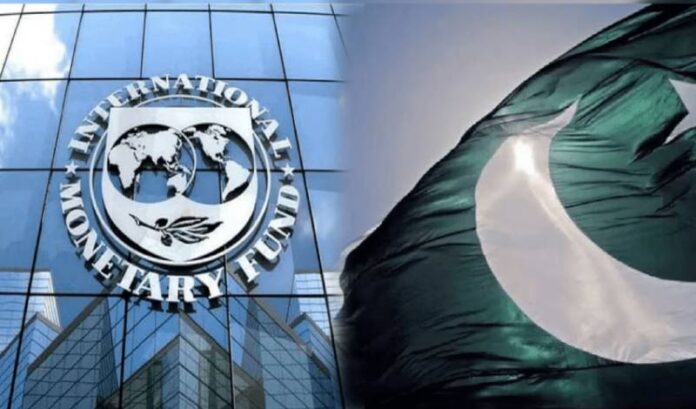The International Monetary Fund (IMF) has projected a challenging economic scenario for Pakistan, with consumer price index (CPI)-based inflation anticipated to average 24 percent in the fiscal year 2023-24.
However, it is expected to decrease to 18 percent by the end of June 2024. The IMF’s recent statement highlighted the need for the State Bank of Pakistan to maintain a strict monetary policy and adhere to a market-based exchange rate to manage these pressures effectively.
As per the latest data, Pakistan’s unemployment rate stands at 8 percent, and the poverty level is at 21.9 percent. Contrarily, the World Bank’s projections indicate that the poverty level could rise to 40 percent.
The IMF’s emphasis on tight monetary control is aimed at stabilizing the economy and curbing inflation, which disproportionately impacts vulnerable populations.
The IMF’s approval of a $700 million installment under the $3 billion Standby Arrangement (SBA) is part of a broader economic reform program under the IMF’s SBA, which was initiated to address domestic and external imbalances and to serve as a policy framework for financial support from global partners.
Pakistan’s economy has shown signs of recovery, with an expected growth of 2 percent in FY24. The first quarter of FY24 saw a primary surplus of 0.4 percent of GDP, driven by strong revenue performance.
However, inflation remains a major concern. With the implementation of sound macroeconomic policies, the IMF anticipates inflation to align with the State Bank of Pakistan’s targets and growth to strengthen in the medium term.
The Deputy Managing Director and Chair of the IMF, Antoinette Sayeh, acknowledged Pakistan’s progress in stabilizing its economy after significant challenges in FY2022-23.
She also highlighted the need for ongoing revenue mobilization, spending discipline, and broad-based fiscal reforms to create space for social and development spending.
Additionally, the IMF noted the importance of structural reforms, including those aimed at improving the business environment, advancing state-owned enterprise reforms, strengthening governance and anti-corruption measures, and building climate resilience.
These reforms are essential for boosting job creation and fostering inclusive growth in Pakistan.





what was decided in MPC meeting about monitory policy rate of sbp.
software Google
pakistan is under marshal law they r not conducting free n fare elections..they banned pm imrankhan into jail..from election n snatch their part symbol..this is in justice.pak was progressing under imrankhan.plz ask higher authority to free Imran Khan. as he will settle all
I wish if we didn’t have corrupt officials and politicians things could have been different for the people of this country.
I wonder how the filthy rich who are ruling this country know the plight of common man.
pakistan is a banana Republic. There is no rule of law here the country is under undeclared Martial law right now and the biggest political party has been banned from elections and their symbol taken away unjustifiably. The coming elections would be a farce not a free and fair elections.